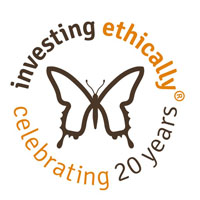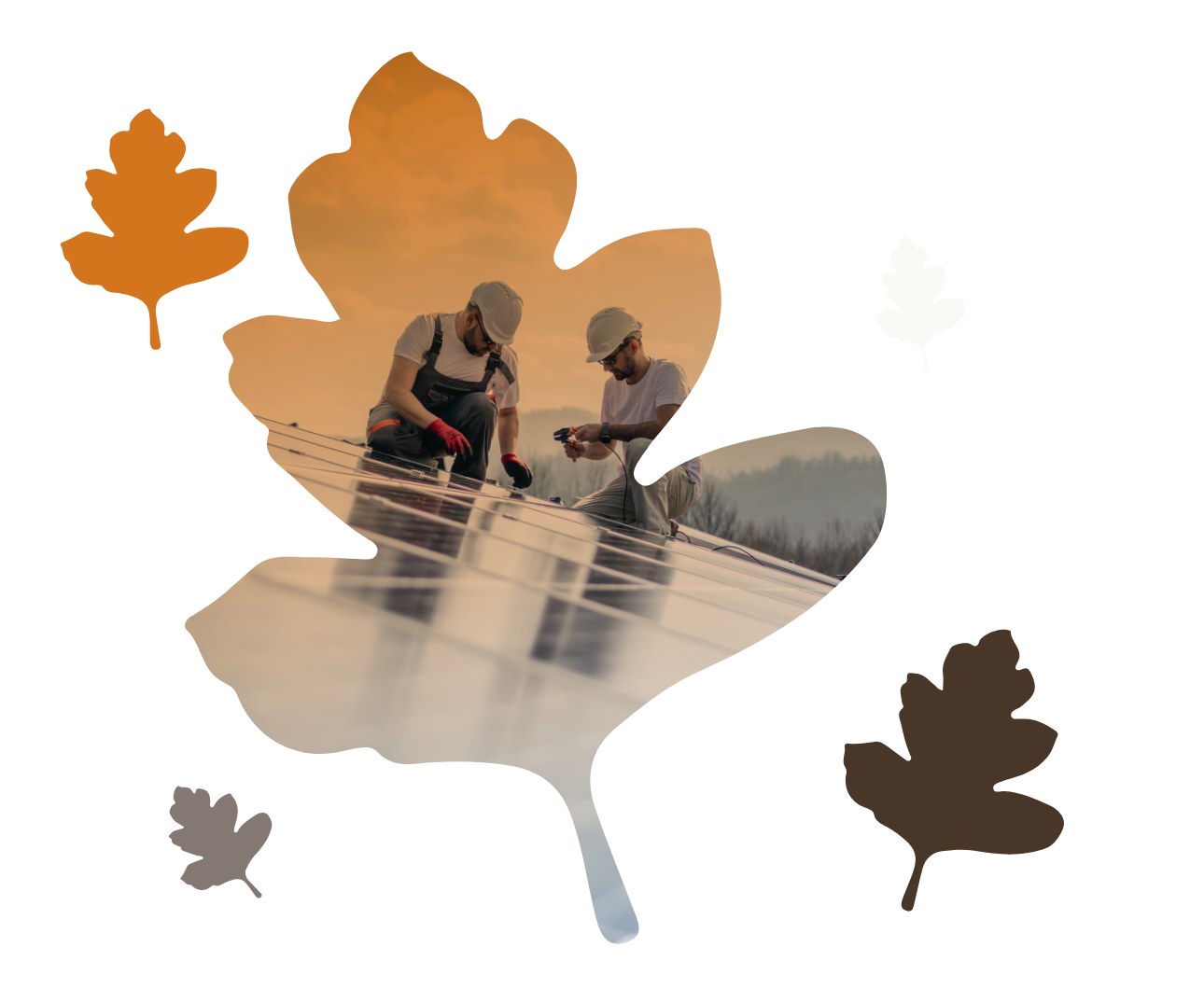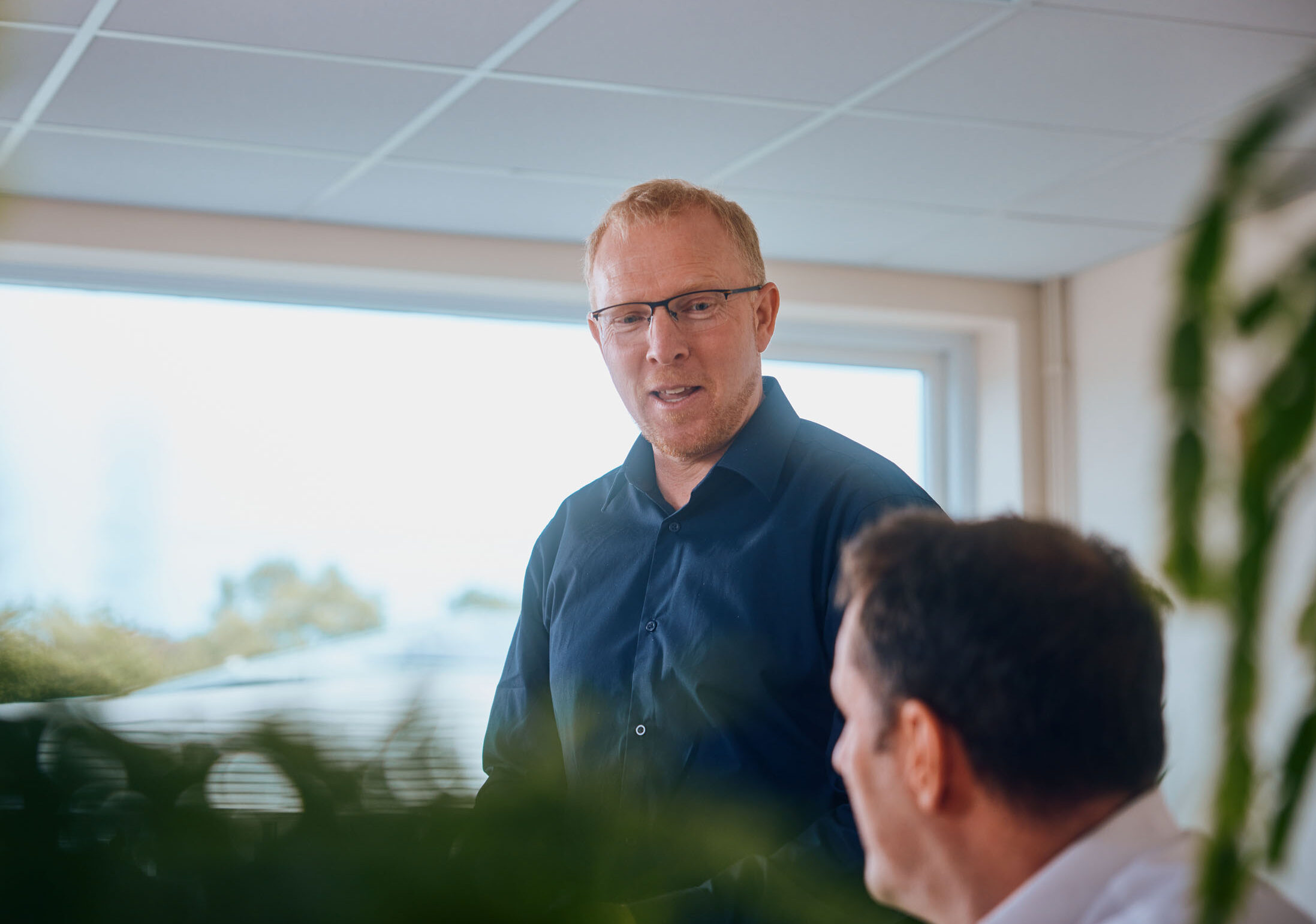
You might not yet have heard the words “Nature Positive” – but you probably will soon!
Like many of you, I have a dog who loves a walk, usually twice a day if she’s lucky. This gets me out of the house and into the countryside of South Norfolk. The area around my home is mainly arable crops and it’s a landscape which is intensively farmed. Very little space is left untouched for nature to exist, let alone thrive. I find myself reflecting that our present farming system, although highly efficient, is unsustainable and ultimately, we will all pay a price if we continue our neglect of nature.
The word “biodiversity” means all the life you find in one place – the mix of plants, animals, fungi and micro-organisms that together make our natural world. That world is under more and more threat. Resources are being consumed, habitats lost, and wildlife declining – all at unprecedented rates. Here in the UK, for example, the numbers of flying insects have fallen by as much as 60% in the last 20 years. Globally, more than a quarter of mammals, and over 40% of amphibians, are thought to be at threat of extinction.
This biodiversity loss really matters. The World Economic Forum estimates that over half the world’s GDP – $44 trillion – is moderately or highly dependent on nature. ‘Ecosystem services’ are the benefits that we receive from nature – for free – such as flood protection, medicines, and clean water. Food crops such as apples, strawberries, and coffee rely on insects for pollination, which is worth over $200 billion each year.
Of course, thinking about nature as a ‘service’, with a financial value, somewhat misses the point! I’m sure most of us, enjoying the birdsong, or the colours of the autumn leaves, realise just how important nature is to our health and well-being. To our sense of being alive. Critically, we are part of the planetary ecosystem – whether we like it or not. Simply put, we depend on nature for our survival as a species. If there’s no clean water to drink, food to eat, or air to breath – we’ll not be worrying about global GDP…
We’re probably all familiar with the Paris Agreement, aiming to limit global warming to +1.5°C. There was good news last December when over 190 countries agreed the Global Biodiversity Framework (GBF). This sets targets to halt and reverse biodiversity loss by 2030, and a goal of all ecosystems to be maintained, enhanced or restored by 2050.
Target 15 of the GBF focuses on businesses (particularly large transnational companies and financial institutions). In simple terms, by 2030, companies will be required to measure their biodiversity risks, reduce negative impacts, and provide this information to consumers.

So what does this mean for ethical investors?
As GBF target 15 shows, businesses will be essential in the move to a Nature Positive global economy. This means that investors – controlling the flow of capital into companies – are critically influential. Biodiversity is an established concern for many of the ethical funds that we deal with here at Investing Ethically. For example, the themes for Jupiter Ecology – which launched back in 1988 – include sustainable oceans and freshwater, and sustainable agriculture and land.
In an important development, this week sees the launch of a new Framework from the Taskforce on Nature-related Financial Disclosures (TNFD). Biodiversity is complex and one of the challenges for companies has been understanding how to quantify and report on their activities. The ‘TNFD’ sounds like a bit of a mouthful but, critically, it provides a way to scrutinise how different companies are performing – allowing meaningful comparison within and across industry sectors.
This should mean that investors can, with increased confidence, focus money into companies that take biodiversity seriously…. those that are managing their risks and impacts, and/or developing products and services to help in the transition to a Nature Positive world.
So – as my dog and I enjoy our country walks – I’ll be reflecting that there is hope for biodiversity. International goals now seek to reverse, and ultimately restore, the damage being done – while initiatives such as the TNFD can help all of us, as ethical investors, to play our part.
If you would like to know more about biodiversity, ethical investments, and how our Chartered Financial Planners can help, then please get in touch.
This article is for information purposes only. None of the content should be considered a personal recommendation to invest in any of the companies or funds listed. You should seek personal financial advice before considering investments.
Our initial consultation is free of charge and without any obligation on either side
Financial planning can sometimes seem daunting. Whether you are new to the practice, or have some experience, it is important that you choose an adviser you can connect with.




